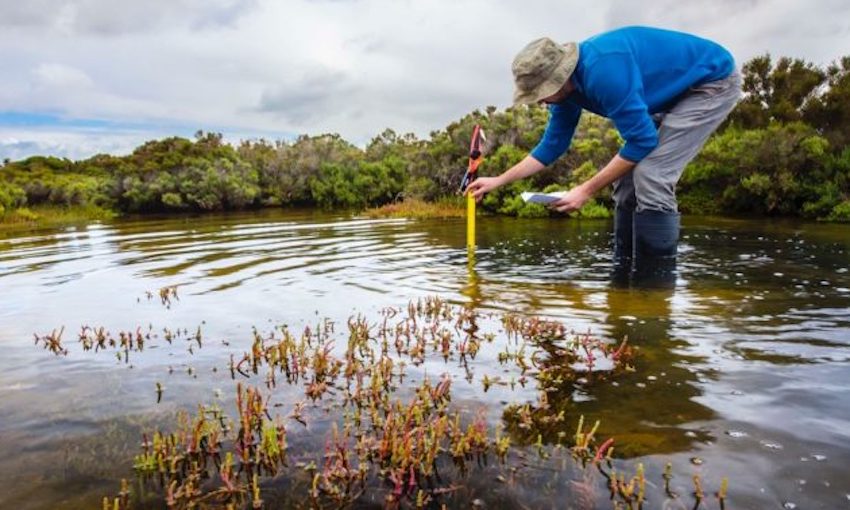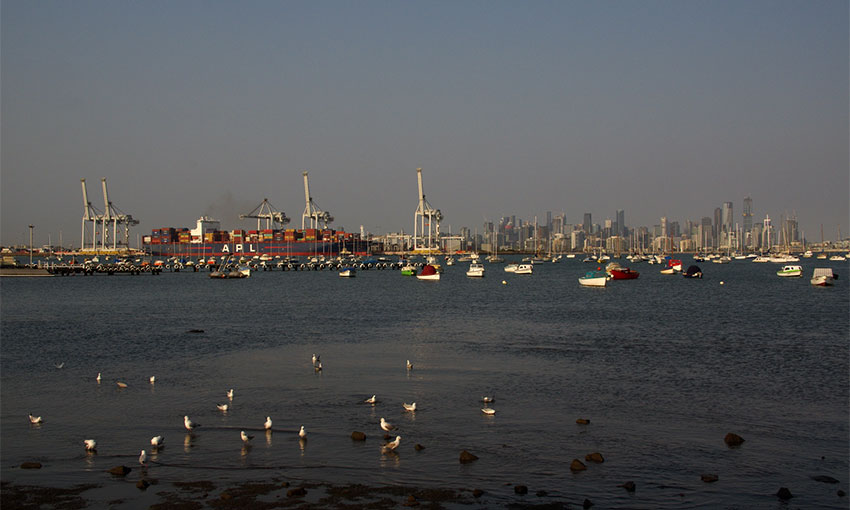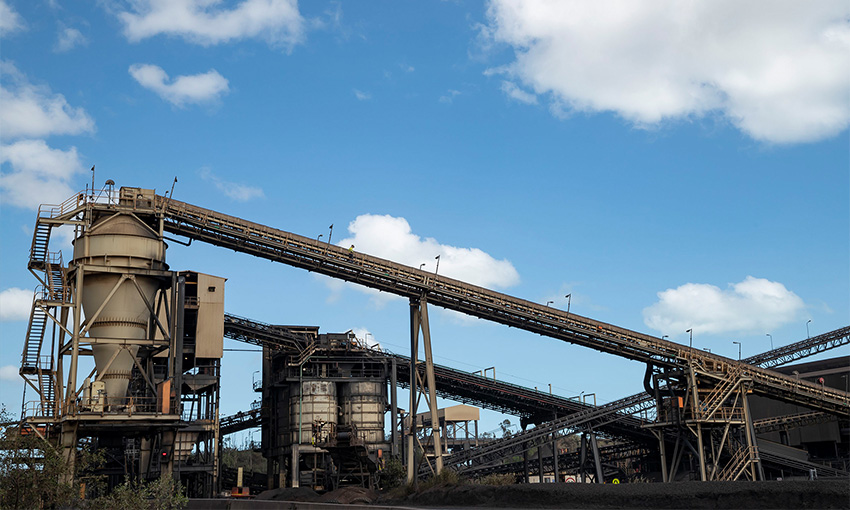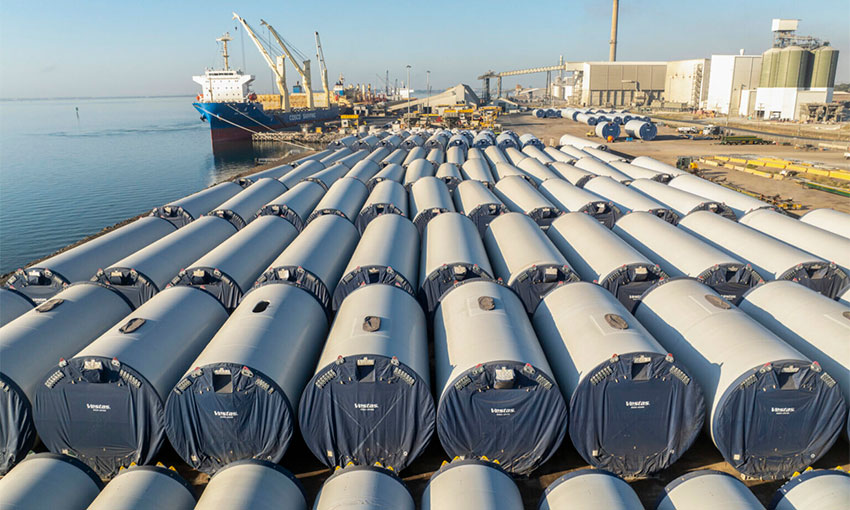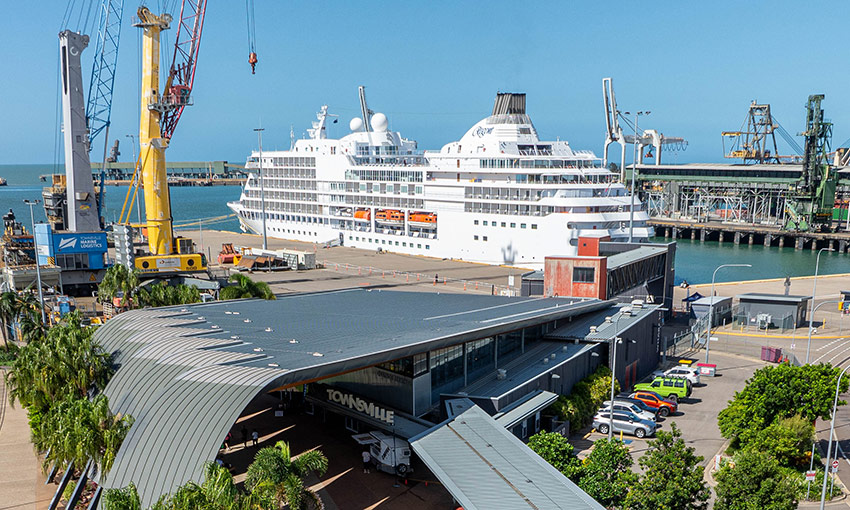GEELONGPORT has announced a partnership with Deakin University’s Blue Carbon Lab to support climate change research and coastal ecosystems.
The partnership will deliver a two-year citizen science program which aims to connect the port community with the local Corio Bay ecosystem.
The program intends to help raise awareness of sustainability practices; collect data on the ability of Australian coastal wetlands to mitigate climate change; and contribute to the health and wellbeing of port staff.
Data collection will include surveying saltmarsh species, collecting soil samples for carbon stocks analysis, measuring greenhouse gas fluxes, and recording saltmarsh elevation.
Results from this program will be used to quantify the gains from saltmarsh restoration and build the case for the restoration and protection of coastal wetlands for blue carbon offsets in Victoria.
GeelongPort environment and sustainability manager Lisa Mills said the port is committed to contributing meaningfully to scientific research into blue carbon ecosystems.
“Initiatives such as this one set us on our way to becoming Australia’s most sustainable bulk port and contributing to the long-term sustainability and resilience of our region,” she said.
The port is surrounded by significant ecosystems, and Corio Bay’s saltmarshes, mangroves, and seagrass beds are important for mitigating climate change.
These blue carbon ecosystems serve as natural carbon sinks and biodiversity hotspots.
“It is important that GeelongPort employees and the local community understands their value and advocates for their protection for climate change mitigation and adaptation’, Blue Carbon Lab head Peter Macreadie said.
The partnership supports the delivery of GeelongPort’s environmental strategy and its focus on responsible management and protection of Corio Bay.
The program intends to engage more than 150 port staff and community members.

